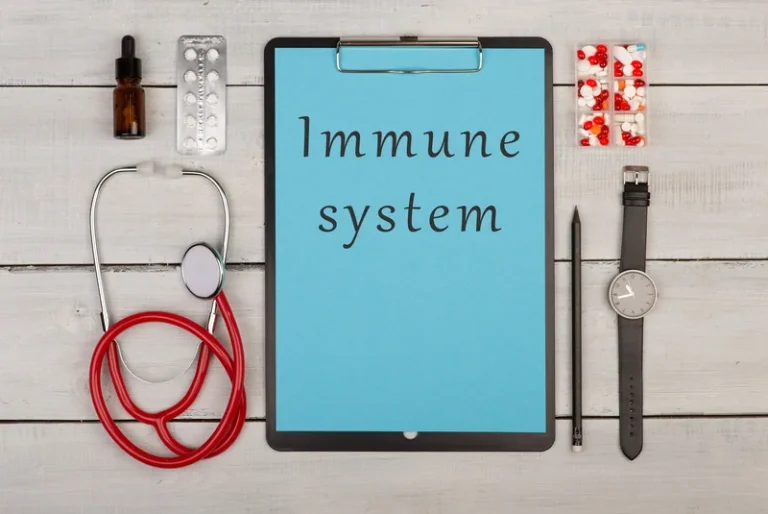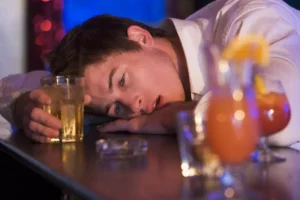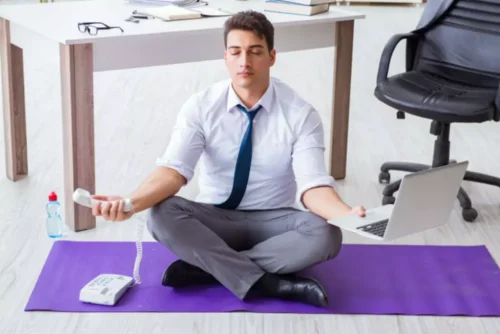
As these nights add up, you’ll wake up with less energy, a clouded mind, and the inability to perform at your best.
Consistently consuming alcohol in any amount alters your brain chemistry.

But, much like dopamine, alcohol disrupts and inhibits the production of GABA in our body. Chronic alcohol use can dull the brain’s dopamine response. This is your brain’s way of trying to restore balance. Normally, this helps us learn and survive by rewarding life-sustaining actions like eating or having sex.
Why Drinking Out of Boredom Is So Risky
How you respond to setbacks is crucial to succeed and to begin making a change. Just restart your plan and recognize & reflect on what challenges need to be overcome https://ecosoberhouse.com/ and how. Another recent study also found that participants rated their mood as lower after doing repetitive tasks or having time to “rest” without anything to do.

What happens to your body when you stop drinking?
- Therapy and counseling can play a vital role in addressing underlying mental health issues that contribute to boredom drinking.
- You’ve already taken the first step just by searching for and reading this article.
- To unpack some of the underlying reasons you feel bored right now, it helps to understand what alcohol does to your brain.
But when dopamine levels artificially spike (like what happens when we drink alcohol), that’s when trouble starts. One way to practice mindfulness in recovery is through meditation. Meditation has been recommended for addiction recovery because of the way it contributes to creating new neural pathways in the brain. By sitting with one’s boredom and using these mindfulness skills, the boredom loses its power and control.

In fact, when you first quit, it feels like everyone in the world is out getting drunk but you. Bored drinking is a surefire way for sneaky calories to throw off your weight-loss goals. The reality is there are other, healthier ways both to celebrate that milestone and deal with the boredom trigger.
- Remember that one of the things we’re attempting to do is not only get out there and experience fun activities that don’t involve alcohol but also heal the underlying damage in our brain from drinking.
- The next best thing is to implement everything you’ve learned in this article by yourself.
- I could go back and re-read what I wrote and approach it from the perspective of an outside observer.
- Being alone doesn’t automatically make a person bored.
- When you’re triggered by experiences like boredom or isolation, the accessibility of alcohol makes it that much harder to refrain from drinking to cope with these difficult feelings.
Additionally, I examine the way mental and physical health as well as our relationships with others impact the reasons people drink and their role in maintaining sobriety long-term. The reasons drinking because of boredom people start drinking alcohol is very different than the reasons they continue to drink alcohol. Boredom and isolation are known relapse triggers for people with substance use disorders.
- And to stay motivated, take a moment to jot down in a journal how you feel after making progress in your hobby.
- From weight loss to better sleep, the long-term and short-term side effects can be noticeable.
- Instead of the person feeling like they are jetting down a runway at 200 miles per hour, it feels like life is moving in slow motion.
Alternative Activities to Replace Boredom Drinking
Your ability to manage stress and regulate mood changes.
- The human brain releases dopamine to reward behavior and encourage one to reinforce it.
- You’re not truly hungry, but there’s a lingering sense of emptiness.
- What if you’ve tried to do the “normal” stuff people do for fun and don’t like any of it?
- There is always something to do, some need to address, some problem to solve.
- Without a steady supply of drugs, the brain begins to lose its tolerance to substances.


Leave A Comment